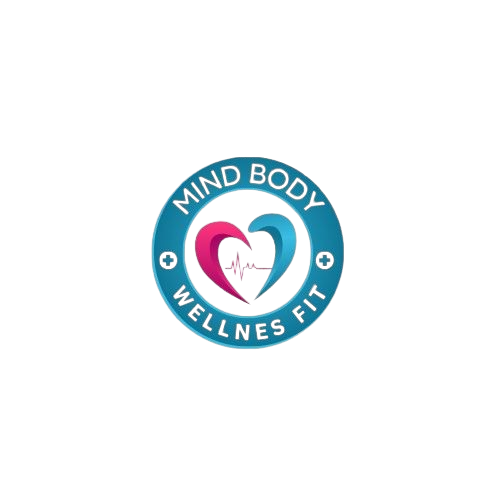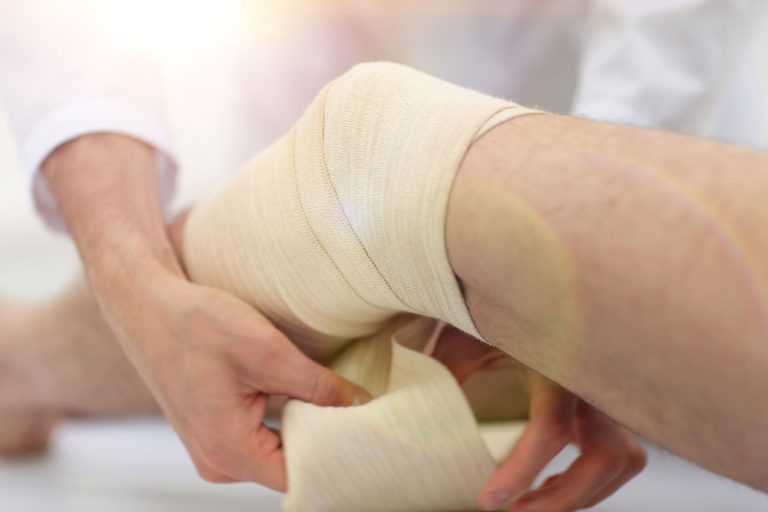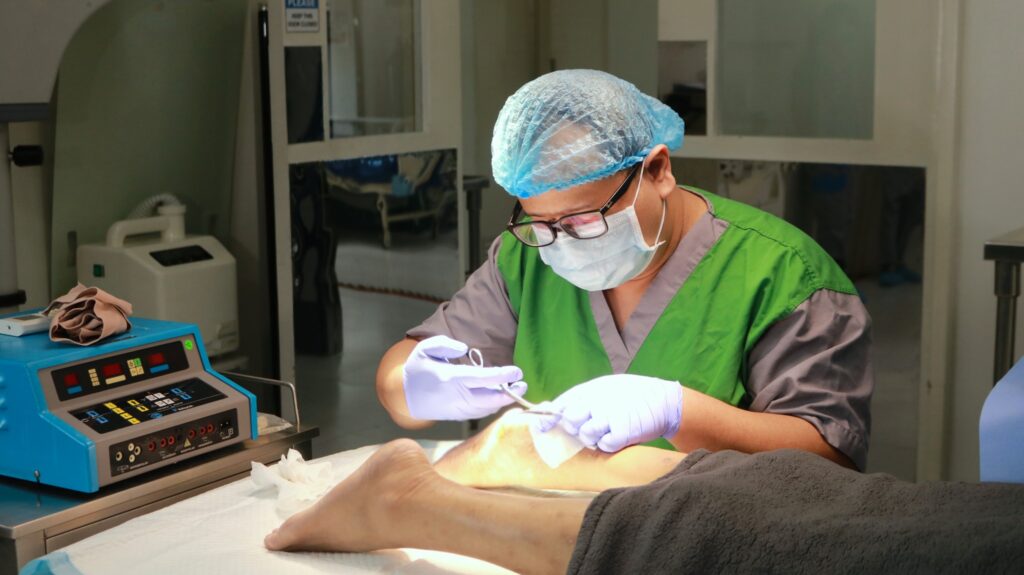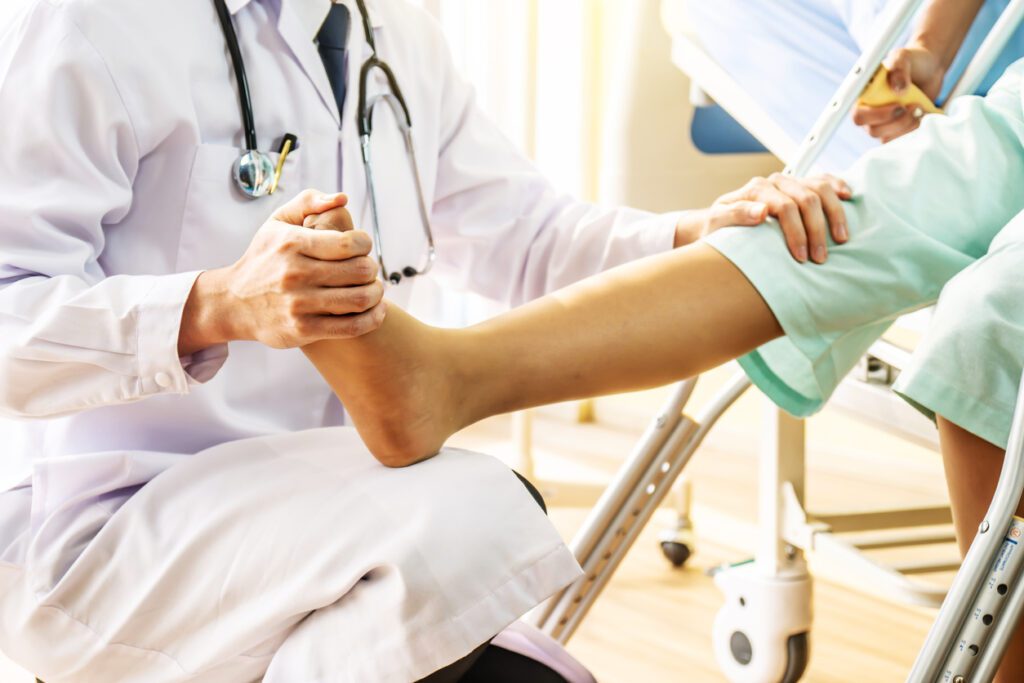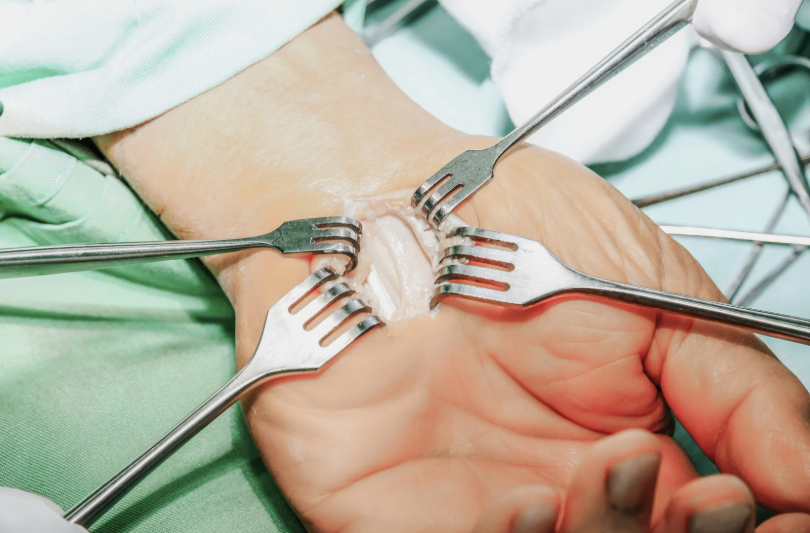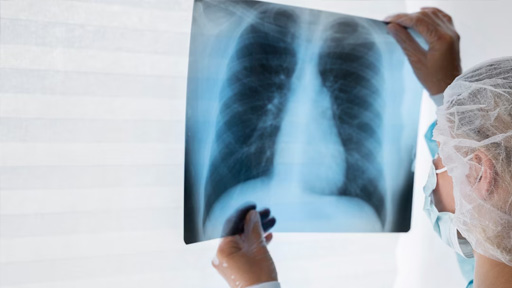Severe wounds are not just painful; they can also pose serious health risks if not treated promptly and properly. Whether caused by accidents, infections, or underlying health conditions, severe wounds demand careful attention and professional care. A severe wound checkup is essential to ensure that the injury is healing correctly, prevent complications, and improve overall outcomes. For many residents of Metro Manila, Kalingap Wound Care Clinic stands out as a beacon of compassionate, advanced, and accessible wound treatment.
What Constitutes a Severe Wound?
Severe wounds go beyond minor cuts or scrapes. These injuries can include deep lacerations, pressure ulcers, diabetic foot ulcers, burns, surgical wounds that are slow to heal, and infected wounds. Unlike superficial wounds, severe wounds often involve damage to multiple layers of skin and sometimes underlying tissues, such as muscles or bones.
Due to their complexity, severe wounds require specialized medical attention. Left untreated or improperly cared for, they can lead to infections, sepsis, tissue death, or even permanent disability. This is why recognizing the seriousness of a wound and seeking a severe wound checkup early on is crucial.
Signs You Need a Severe Wound Checkup
Knowing when to seek professional care can be life-saving. Certain signs indicate that a wound is severe and requires immediate evaluation by a healthcare professional:
- Persistent or worsening pain
- Excessive redness or swelling around the wound
- Presence of pus or foul-smelling discharge
- Bleeding that doesn’t stop
- Fever or chills
- Wound edges that are separating or showing signs of necrosis (tissue death)
- Delayed healing lasting several weeks
Ignoring these symptoms can lead to serious complications, including systemic infections or chronic wounds that are difficult to manage. A timely severe wound checkup can help identify these risks early and initiate appropriate treatment.
The Severe Wound Checkup Process at Kalingap Wound Care Clinic
At Kalingap Wound Care Clinic, the philosophy goes beyond treating wounds — it is about caring for the whole person. Rooted deeply in Filipino values of kalinga (care) and lingap (nurture), the clinic offers a holistic approach that combines state-of-the-art medical technology with compassionate, patient-centered care.
When you come in for a severe wound checkup, experienced clinicians will conduct a thorough examination. This includes evaluating the wound’s size, depth, and severity, as well as assessing any signs of infection or underlying conditions like diabetes or vascular disease that may impede healing.
Advanced treatment options such as wound debridement, infection control, moisture balance, and skin grafting may be utilized depending on the wound’s needs. Throughout this process, the clinic ensures that patients are informed, involved, and supported emotionally — recognizing that healing involves both body and spirit.
Benefits of Getting a Severe Wound Checkup
Early and proper evaluation through a severe wound checkup offers multiple benefits:
- Accelerated healing: Timely intervention can promote faster tissue repair and reduce recovery time.
- Infection prevention: Identifying infections early helps avoid dangerous complications like sepsis.
- Improved quality of life: Managing wounds effectively reduces pain, discomfort, and mobility issues, restoring dignity and confidence.
- Customized care: The clinic’s approach tailors treatment plans to individual needs, including consideration of social and emotional factors.
- Accessibility: Kalingap Wound Care Clinic focuses on underserved communities, making specialized wound care more accessible in Metro Manila.
Patients who undergo thorough wound checkups are less likely to face chronic wound problems, hospital readmissions, or surgeries related to wound complications.
How to Prepare for Your Severe Wound Checkup
Preparing for a severe wound checkup can help ensure the appointment is as effective and efficient as possible. Here are some tips:
- Bring your medical history: Include any past injuries, surgeries, or chronic illnesses like diabetes or circulatory problems.
- List medications: Inform your healthcare provider about any medications or supplements you are taking.
- Photograph the wound: If possible, take clear photos to show the progression since the injury occurred.
- Prepare questions: Write down any concerns or symptoms you want to discuss, such as pain levels, wound odor, or mobility difficulties.
- Be honest: Share lifestyle habits, including smoking or diet, as these can impact healing.
Clear communication during the checkup allows clinicians to provide tailored recommendations and optimize your treatment.
Preventive Tips to Avoid Severe Wounds
While some wounds are unavoidable, many can be prevented or minimized with proper care. Consider these preventive measures:
- Practice good hygiene: Clean minor wounds promptly with mild soap and water to prevent infection.
- Proper wound care: Use sterile dressings and change them regularly according to medical advice.
- Monitor chronic conditions: Control blood sugar levels if diabetic, and manage circulatory problems to reduce risk of ulcers.
- Avoid pressure sores: Change positions frequently if bedridden or wheelchair-bound to prevent pressure ulcers.
- Wear protective gear: Use appropriate clothing or equipment during activities that pose injury risks.
- Healthy lifestyle: Maintain a balanced diet rich in vitamins and minerals to support skin health and healing.
Knowing when to seek a professional severe wound checkup is key—don’t delay if wounds show concerning signs.
Takeaway
A severe wound checkup is a vital step toward healing and preventing serious complications. Whether you’re dealing with a stubborn ulcer, a deep cut, or an infected wound, expert evaluation and treatment can transform your recovery journey. At Kalingap Wound Care Clinic, patients receive more than just medical care—they receive empathy, respect, and a holistic approach grounded in Filipino values.
If you or a loved one is facing challenges with a severe wound, don’t hesitate to schedule a consultation. Early care can make all the difference in restoring health, dignity, and quality of life.
